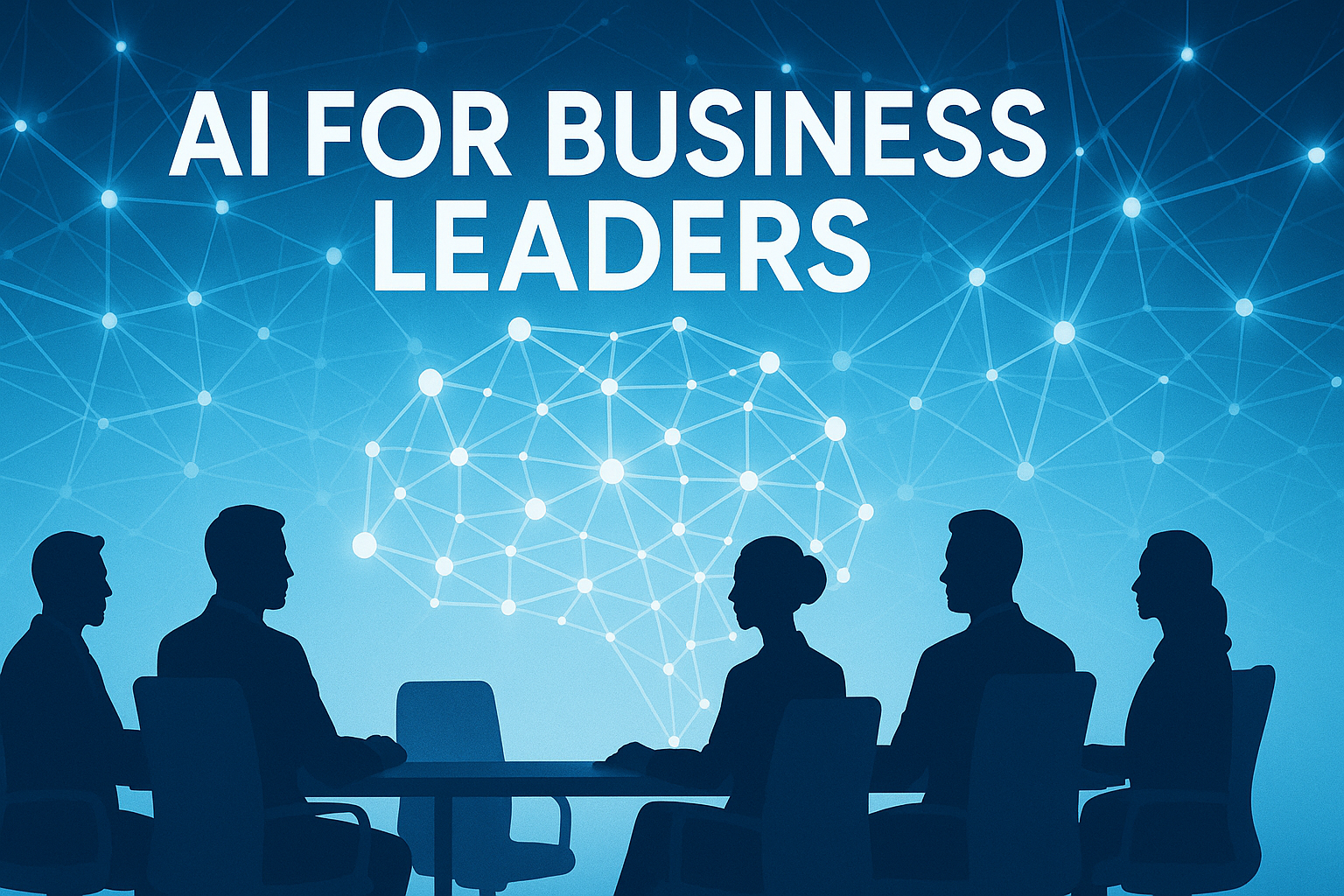In today’s rapidly evolving digital landscape, artificial intelligence (AI) has emerged as a pivotal force reshaping industries and redefining leadership paradigms. For business leaders, understanding and leveraging AI is no longer optional—it’s imperative. Sandy Carter’s seminal work, AI First, Human Always, offers a comprehensive guide to navigating this transformation, emphasizing the synergy between AI technologies and human-centric leadership. Daniel Puiatti
What is AI and How Can It Benefit Business Leaders?
Understanding AI and Its Importance in Business
Artificial intelligence encompasses a suite of technologies, including machine learning, deep learning, and natural language processing, that enable machines to mimic human intelligence. In the business context, AI facilitates data-driven decision-making, enhances customer experiences, and streamlines operations. As Carter elucidates, adopting an AI-first mindset allows leaders to harness these capabilities, driving innovation and maintaining a competitive edge. AI First, Human Always
How AI Can Transform Business Decisions
AI’s analytical prowess enables leaders to uncover insights from vast datasets, predict market trends, and make informed strategic decisions. For instance, AI-powered analytics can identify customer preferences, optimize supply chains, and forecast financial outcomes, thereby enhancing the overall business impact.
The Role of AI in Business Strategy
Integrating AI into business strategy involves aligning technological capabilities with organizational goals. This includes identifying key use cases, allocating resources effectively, and fostering a culture that embraces innovation. As highlighted in AI First, Human Always, a strategic approach to AI ensures that technology serves as an enabler of business transformation rather than a mere tool.
What Are the Key AI Use Cases for Business Leaders?
Generative AI Use Cases in Business
Generative AI, which includes technologies like large language models, has revolutionized content creation, product design, and customer engagement. Businesses leverage generative AI to develop personalized marketing campaigns, automate content generation, and innovate product offerings, thereby enhancing customer experiences and operational efficiency.
AI-Driven Business Analytics and Insights
AI systems process and analyze complex datasets to provide actionable insights. These insights inform strategic decisions, identify market opportunities, and optimize business functions. By leveraging AI-driven analytics, leaders can make data-backed decisions that align with organizational objectives.
Automation and Efficiency through AI Tools
AI-powered automation streamlines repetitive tasks, reduces errors, and increases productivity. From automating customer service interactions to optimizing supply chain logistics, AI tools enhance operational efficiency and allow employees to focus on higher-value activities.
How Can Business Leaders Implement AI in Their Organizations?
Best Practices for Integrating AI Technologies
- Start with Clear Objectives: Define specific goals for AI integration aligned with business needs.
- Invest in Data Infrastructure: Ensure data quality and accessibility to support AI initiatives.
- Foster a Culture of Innovation: Encourage experimentation and continuous learning among teams.
- Collaborate Across Departments: Promote cross-functional collaboration to identify AI opportunities. Harvard Business Review
Hands-On Projects for AI Implementation
Engaging in pilot projects allows organizations to test AI applications in controlled environments. These projects provide valuable insights into the feasibility, scalability, and impact of AI solutions, informing broader implementation strategies.
Designing AI Initiatives for Organizational Impact
Effective AI initiatives are designed with a focus on delivering tangible business outcomes. This involves aligning AI projects with organizational goals, measuring performance metrics, and iteratively refining approaches based on feedback and results.
What Are the Challenges Faced by Business Leaders in Adopting AI?
Understanding the Barriers to AI Integration
Common challenges include data privacy concerns, lack of skilled personnel, and resistance to change. Addressing these barriers requires proactive strategies, such as investing in employee training, establishing clear data governance policies, and communicating the benefits of AI adoption.
Responsible AI and Ethical Considerations
Implementing AI responsibly involves ensuring fairness, transparency, and accountability in AI systems. Leaders must consider the ethical implications of AI decisions and establish frameworks to mitigate biases and unintended consequences.
Overcoming Resistance to AI Adoption
Change management is crucial in facilitating AI adoption. Leaders should engage stakeholders, address concerns, and demonstrate the value of AI through successful use cases to build trust and encourage acceptance.
What AI Courses Are Available for Business Leaders?
Online Courses for Understanding AI Fundamentals
Numerous platforms offer courses tailored for business leaders, covering AI basics, strategic implementation, and industry-specific applications. These courses provide foundational knowledge essential for informed decision-making.
Hands-On AI Learning Opportunities
Workshops and bootcamps offer practical experience with AI tools and technologies. These programs enable leaders to experiment with AI applications, understand their functionalities, and explore potential business use cases.
AI Courses Designed for Leaders
Specialized programs focus on the intersection of AI and leadership, emphasizing strategic planning, ethical considerations, and organizational transformation. These courses equip leaders with the skills to drive AI initiatives effectively.
How Can AI Leaders Stay Ahead in the Evolving Landscape?
Staying Updated with AI Technologies and Trends
Continuous learning is vital in the dynamic field of AI. Leaders should stay informed about emerging technologies, industry trends, and best practices to maintain a competitive advantage.
Networking with Industry Experts in AI
Engaging with AI communities, attending conferences, and participating in forums facilitate knowledge exchange and collaboration. Networking with experts provides insights into successful AI strategies and innovations.
Continual Learning and Development in AI
Investing in ongoing education and professional development ensures that leaders remain adept at navigating the complexities of AI integration. This commitment to learning fosters adaptability and resilience in the face of technological advancements.
For a deeper exploration of AI’s transformative potential and strategic implementation, AI First, Human Always by Sandy Carter serves as an invaluable resource. The book offers practical guidance and real-world examples to help leaders embrace an AI-first mindset while maintaining a human-centric approach.
Discover more about the book and its insights at AI First, Human Always.
